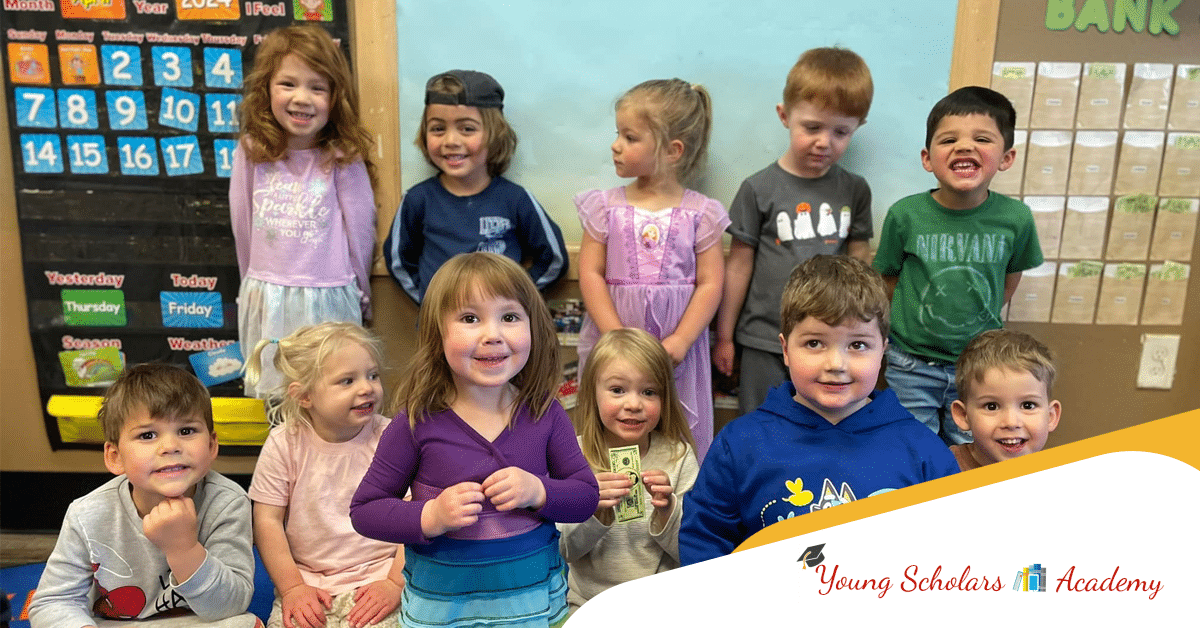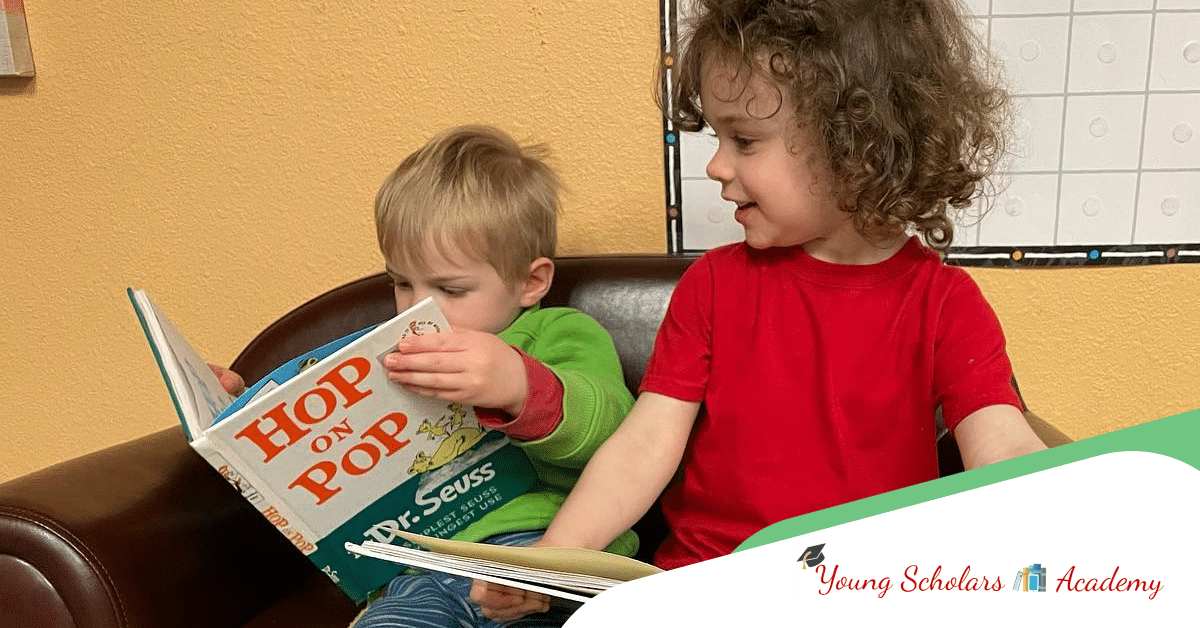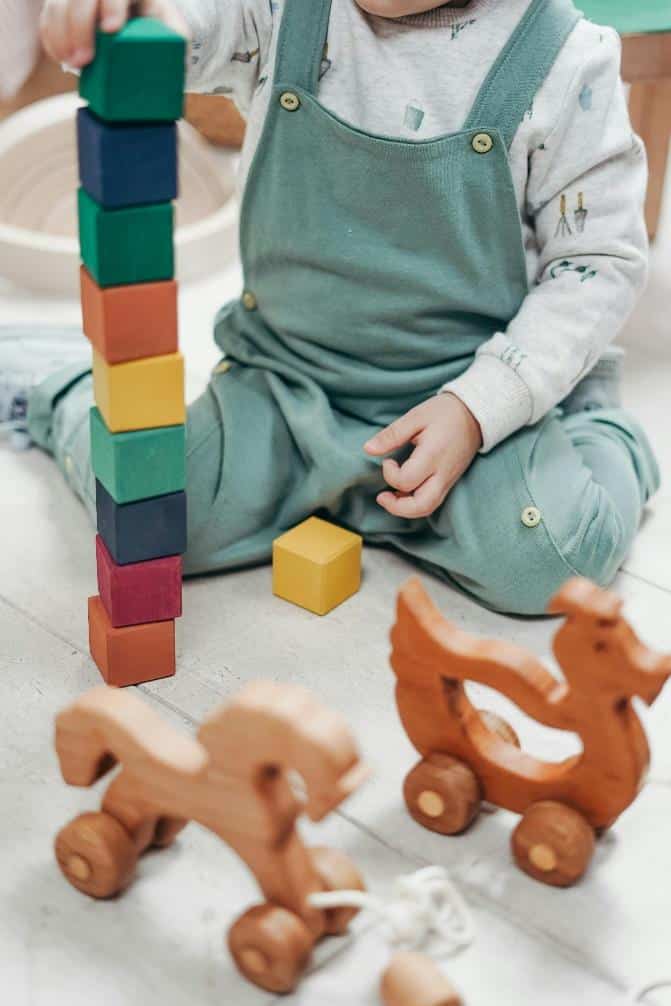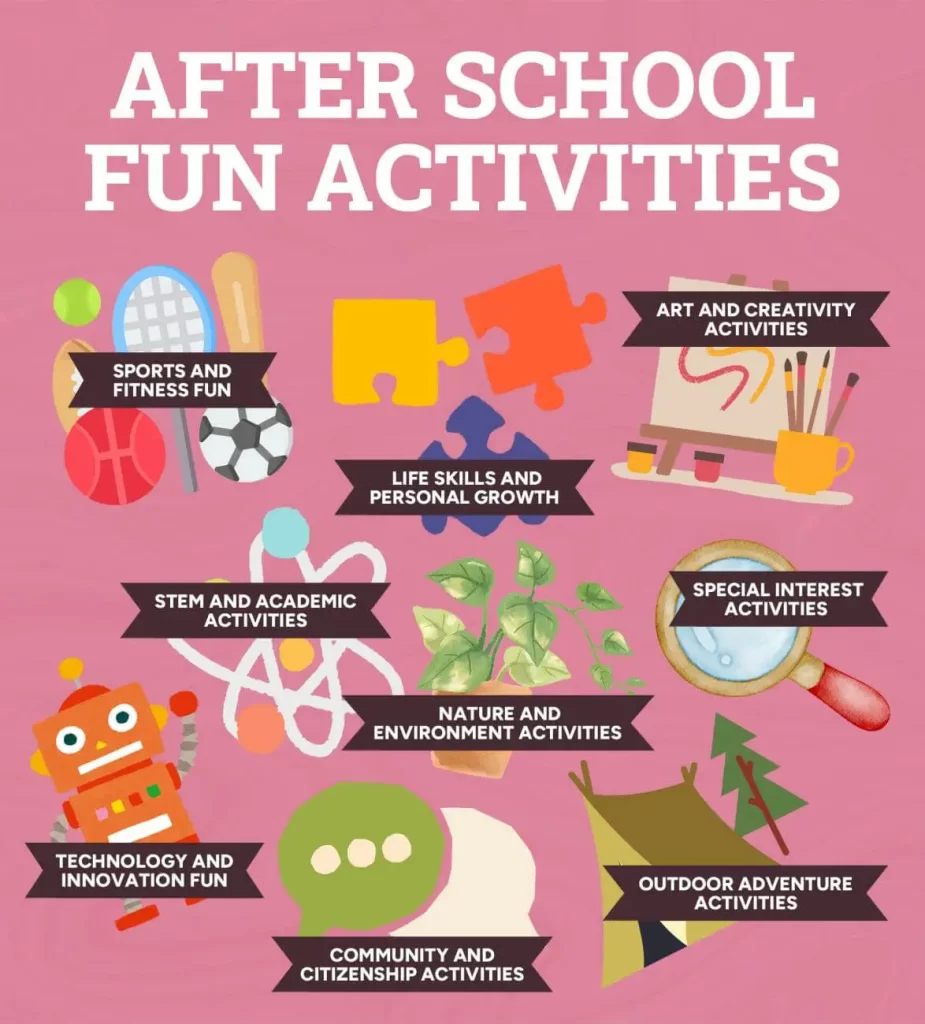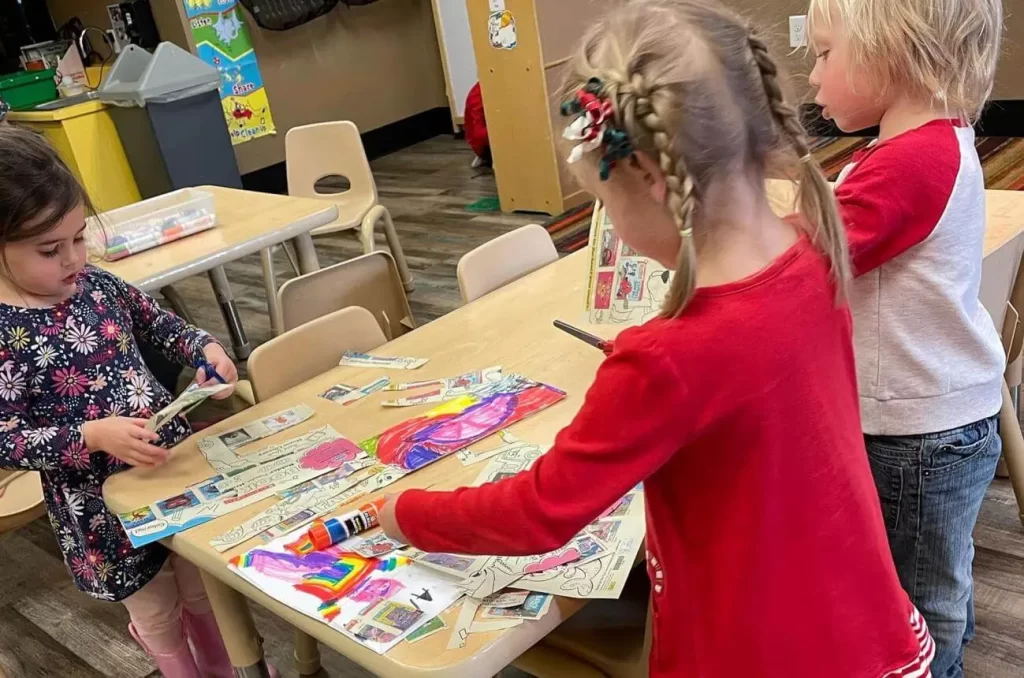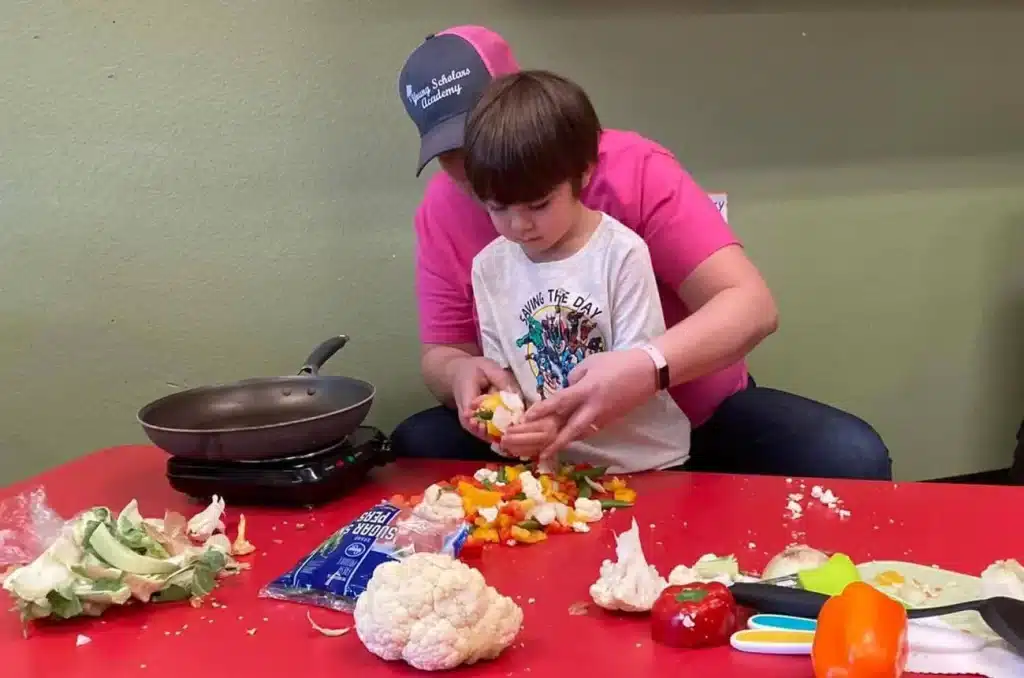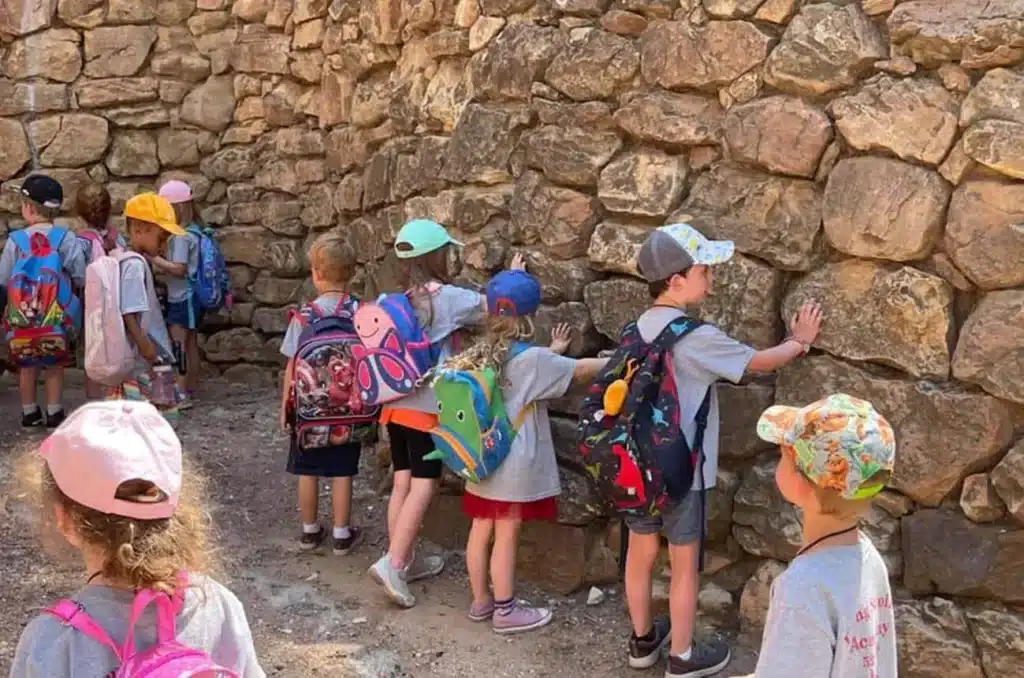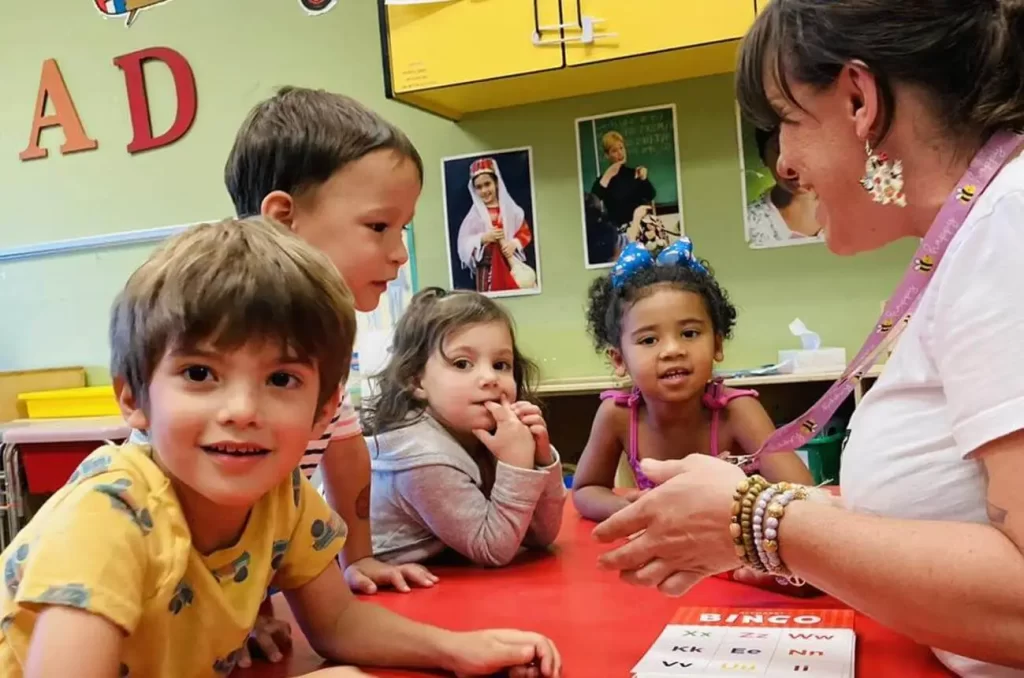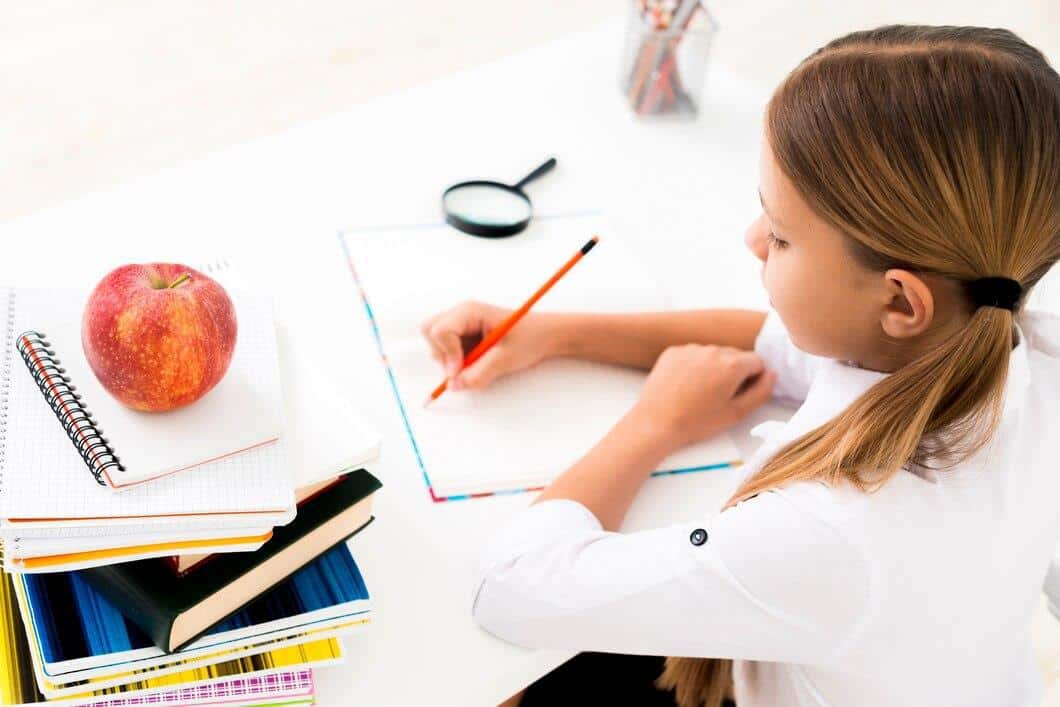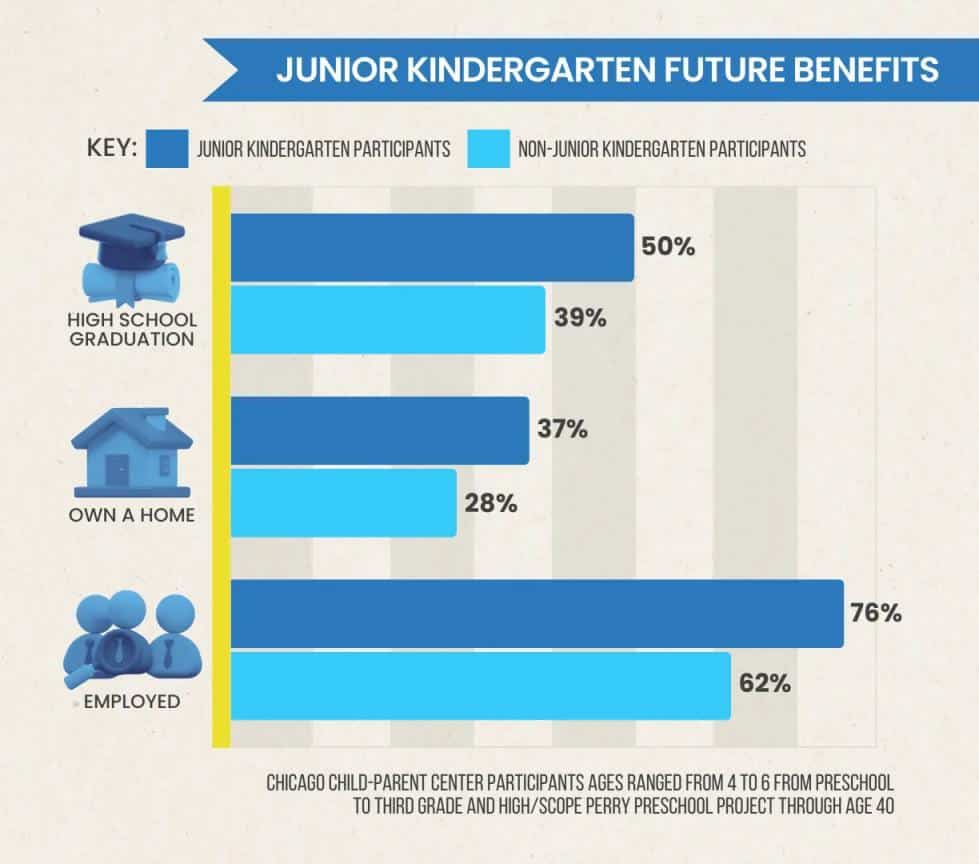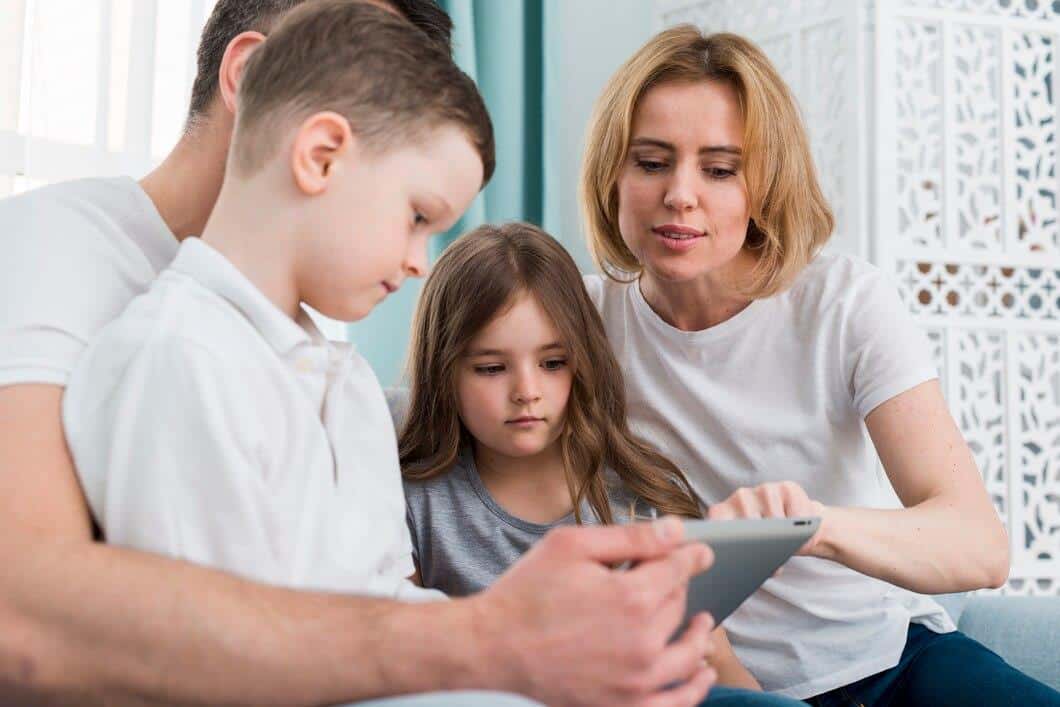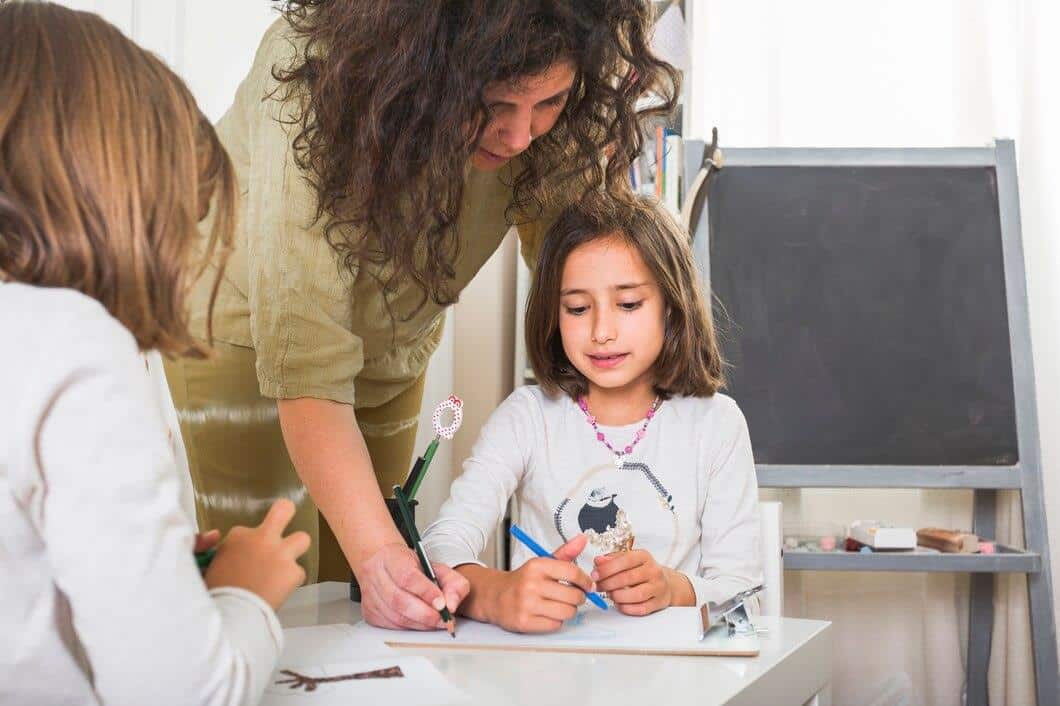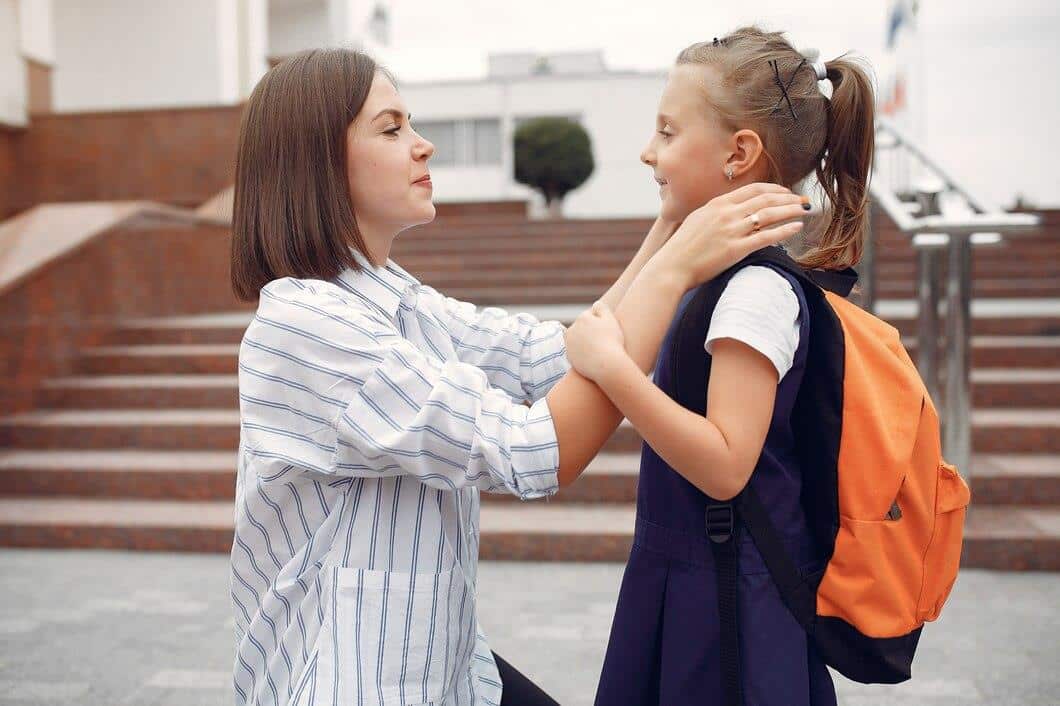The preschool milestones checklist is essential for parents and educators to track a child’s growth and development during these formative years. At Young Scholars Academy, we understand the importance of monitoring these vital developmental markers to ensure each child reaches their full potential.
From social skills and language development to fine motor abilities and cognitive milestones, our programs nurture and support every aspect of a child’s journey. Join us as we unearth the critical milestones defining the preschool years, helping your child build a robust academic and social success foundation.
Understanding Preschool Milestones by Age
Navigating preschool can be exciting and sometimes overwhelming for children and parents. Understanding preschool milestones by age is crucial to supporting your child’s growth and development. At Young Scholars Academy, we emphasize recognizing these developmental stages to ensure each child thrives in a nurturing and stimulating environment.
Developmental Stages for Ages 3 to 5
Age 3:
Three-year-olds are bursting with energy and curiosity. Children begin to develop more refined motor skills and greater independence at this age. Typical milestones include:
- Physical: Improved coordination and ability to run, jump, and climb.
- Cognitive: Basic problem-solving skills, understanding simple instructions, and beginning to engage in imaginative play.
- Social and Emotional: Starting to share with others, showing a range of emotions, and beginning to form friendships.
Age 4:
Four-year-olds are more confident in their abilities and enjoy exploring their environment more independently. Key milestones include:
- Physical: They have better control of their movements, can throw and catch a ball, and have improved fine motor skills, such as drawing shapes.
- Cognitive: Enhanced memory, recognizing colors and shapes, understanding the concept of time, and beginning to count objects.
- Social and Emotional: Playing with other children more cooperatively, expressing feelings more clearly, and starting to understand the concept of rules.
Age 5:
By age five, children are preparing for the transition to kindergarten. They are more adept at navigating social situations and better understand their world. Milestones include:
- Physical: Proficiency in skipping, hopping, and using utensils.
- Cognitive: Recognizing letters and numbers, beginning to read simple words, and understanding more complex instructions.
- Social and Emotional: Forming stronger friendships, displaying empathy, and following multi-step directions.
What to Expect as Your Child Grows
As your child progresses through preschool, expect a whirlwind of development in various domains. Each child is unique and may meet these milestones at their own pace. Encouraging exploration and providing a supportive environment can make a significant difference. At Young Scholars Academy, we foster a love for learning, ensuring each child feels valued and understood.
Age-Specific Skills and Abilities
To support your child’s development effectively, it’s essential to recognize the age-specific skills and abilities they should be acquiring:
- Motor Skills: Encourage activities like drawing, building with blocks, and playing with clay to enhance fine motor skills. Physical activities like running, jumping, and climbing are vital for gross motor development.
- Cognitive Skills: Engage your child in puzzles, memory games, and storytelling to boost cognitive abilities. Introduce basic math concepts through counting games and explore early literacy with simple books.
- Social and Emotional Skills: Foster social interactions through playdates and group activities. Teach emotional regulation by discussing feelings and demonstrating empathy and patience.
Parents and educators should work together to create a supportive and enriching environment by understanding these preschool milestones by age. At Young Scholars Academy, we partner with families to ensure each child reaches their full potential, preparing them for future academic and social success.
Navigating Preschool Language Milestones
Understanding and supporting preschool language milestones is critical to fostering your child’s communication skills and overall development. At Young Scholars Academy, we recognize the importance of language development and offer a nurturing environment that promotes speech and vocabulary growth, listening skills, and comprehension.
How Speech and Vocabulary Evolve
During the preschool years, children’s speech and vocabulary skills expand rapidly. This period is marked by significant advancements in their ability to communicate effectively.
Age 3:
- Speech: At this age, children typically use simple sentences of 3-4 words. They can express their needs, describe objects, and engage in basic conversations.
- Vocabulary: A typical 3-year-old knows around 200-500 words and continues to learn new words daily.
Age 4:
- Speech: Four-year-olds can form more complex sentences and begin to use grammar correctly. They start asking questions, telling short stories, and using pronouns and plurals more accurately.
- Vocabulary: Their vocabulary expands to about 1,000 words. They start to understand and use more descriptive words and can follow multi-step instructions.
Age 5:
- Speech: By age five, children speak in full sentences and can have detailed conversations. They understand grammar rules and appropriately use past, present, and future tenses.
- Vocabulary: Their vocabulary grows to around 2,000 words. They can define simple words, understand opposites, and use language to express more complex ideas and emotions.
Listening Skills and Comprehension
Listening and comprehension are critical components of language development. These skills enable children to understand and process the information they hear, essential for effective communication and learning.
Developing Listening Skills:
- Active Listening: Encourage your child to listen by asking them to repeat instructions or stories. This helps boost their attention span and ability to process information.
- Storytelling and Reading: Reading books and telling stories are excellent ways to enhance listening skills. Ask questions about the story to engage your child and encourage them to think critically about what they hear.
Improving Comprehension:
- Follow Instructions: Give your child simple instructions, gradually increasing complexity as they grow. This improves their ability to understand and execute tasks.
- Interactive Conversations: Engage in conversations that require your child to think and respond. Ask open-ended inquiries to encourage them to express their thoughts and understand different perspectives.
Boosting Language Development at Home and School
Supporting language development requires a collaborative effort between home and school. Here are some effective strategies to boost your child’s language skills:
At Home:
- Create a Language-Rich Environment: Surround your child with books, storytelling, and conversations. Encourage them to express themselves and explore new words.
- Play Language Games: Engage in games promoting language skills, such as word matching, rhyming games, and flashcards.
- Model Good Language Use: Speak clearly and correctly, and expand on your child’s sentences to introduce new vocabulary and concepts.
At School:
- Interactive Activities: At Young Scholars Academy, we incorporate interactive activities that promote language development, such as group discussions, storytelling sessions, and show-and-tell.
- Use of Technology: Educational apps and games designed to enhance language skills are integrated into our curriculum to provide diverse learning experiences.
- Teacher Support: Our educators are trained to support language development through targeted activities and individualized attention.
They can help children develop strong communication skills essential for their future success by understanding and supporting preschool language milestones. At Young Scholars Academy, we are committed to fostering an environment that nurtures and enhances each child’s language abilities.
Tracking Preschooler Physical Development
Monitoring your preschooler’s physical development is crucial for reaching key milestones and maintaining overall health. At Young Scholars Academy, we emphasize fostering gross and fine motor skills through various engaging activities. Here, we explore how these skills develop and provide fun activities to promote physical health.
Growth in Gross Motor Skills
Gross motor skills involve using large muscles, enabling walking, running, and jumping. These skills are critical for physical development and play a significant role in your child’s daily activities.
Age 3:
- Skills: Running, climbing, kicking a ball, and riding a tricycle.
- Development: Children are learning to balance and coordinate their movements at this stage.
Age 4:
- Skills: Hopping on one foot, catching a bounced ball, and confidently using playground equipment.
- Development: Improved coordination and agility allow for more complex movements and activities.
Age 5:
- Skills: Skipping, jumping rope, and beginning to learn sports-specific skills.
- Development: Enhanced muscle control and endurance help children participate in structured physical activities and sports.
Encouraging activities like outdoor play, obstacle courses, and simple sports can significantly enhance these skills. At Young Scholars Academy, we provide ample opportunities for children to participate in physical activities that promote their gross motor development.
Enhancing Fine Motor Abilities
Fine motor skills involve using small muscles in the hands and fingers. These skills are essential for writing, buttoning, and using utensils. Developing these skills is vital for your child’s independence and academic success.
Age 3:
- Skills: Drawing simple shapes, stacking blocks, and manipulating small objects.
- Development: Improved hand-eye coordination and dexterity.
Age 4:
- Skills: Cutting along a line with scissors, beginning to write letters, and constructing more complex block structures.
- Development: Enhanced control over hand movements allows for more precise actions.
Age 5:
- Skills: Writing their name, tying shoelaces, and using tweezers and tongs.
- Development: Greater strength and coordination in the hands and fingers enable more complex tasks.
Activities such as drawing, playing with playdough, and building with small blocks can help improve fine motor skills. At Young Scholars Academy, we incorporate various hands-on activities to support the development of these essential abilities.
Fun Activities to Promote Physical Health
Incorporating engaging activities into your child’s routine is a great way to promote physical health and development. Here are some ideas:
- Outdoor Play: Encourage running, jumping, and climbing activities. Parks and playgrounds provide excellent opportunities for physical exploration and social interaction.
- Creative Play: Use materials like clay, beads, and puzzles to enhance fine motor skills. These activities also stimulate creativity and problem-solving abilities.
- Structured Sports: Introduce your child to age-appropriate sports such as soccer, gymnastics, or swimming. These activities help develop coordination, strength, and teamwork skills.
- Interactive Games: Play games that require movement, such as Simon Says, hopscotch, and dance parties. These games are fun and improve gross motor skills and physical fitness.
At Young Scholars Academy, we are committed to providing various activities that support our students’ physical development. By understanding and tracking these milestones, parents and educators can work together to ensure each child reaches their full potential, promoting a healthy and active lifestyle from an early age.
Conclusion
Navigating the preschool years is a journey filled with exciting milestones and incredible growth. By understanding and supporting your child’s development across various domains—language, physical, cognitive, and social—you are laying a strong foundation for their future success. At Young Scholars Academy, we provide a nurturing environment where every child can grow, explore, and develop to their fullest potential.
Ready to join a community that values your child’s growth and happiness? Contact us today to learn more about how we can support your preschooler’s journey. Visit our contact page or call us at (719) 626-9650 to schedule a tour and learn the difference at Young Scholars Academy!
